Patient of the Month- Denise K.
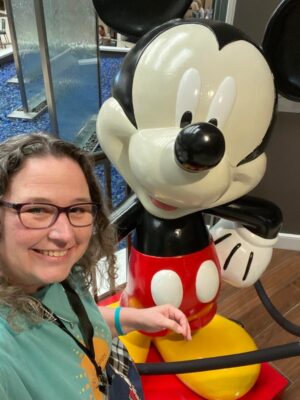
Hi! I’m Denise and I was diagnosed with childhood-onset hypophosphatasia (HPP) at age 50. As a child, I remember that all my permanent teeth came in with cavities. And I remember stories of how I walked pigeon-toed for a while and that I dislocated my shoulder once when my mom had to pull me out from between a bed and a wall where I’d fallen. But mostly I remember being really strong and coordinated. I was good at running, climbing trees and jungle gyms, riding my bike, swimming, gymnastics and playing softball. I was always the shortest and skinniest kid but I was strong and pretty fast.
At 14 or 15 years old, though, my feet gave out on me. They were suddenly super inflamed and painful all the time. I got cortisone injections and custom orthotics. The orthotics helped a lot with the pain but I was never able to be very active with them. In college I needed a new pair of orthotics but my dad hoped there was a better solution for me. We saw a new doctor and he explained that surgery wasn’t an option. He likened the deformities in my feet to being bow legged and added that I would lose use of my right big toe by age 30. Orthotics were my best bet. I met my husband in college and he never complained that I lived in my tennis shoes and couldn’t stand for long. He always made sure there was a chair nearby for me.
I worked in manufacturing accounting in Juarez, Mexico, thanks in part, to special orthotics that fit into work-appropriate shoes. Life was pretty normal in my 20s. I remember experiencing some weakness in my hands and wrists. We had to get an electric can opener and an electric mixer but I wrote it off to being on a computer a lot at work. I had three babies, all girls. My pregnancies all started out with some scary bleeding but were otherwise great. I felt really good during my pregnancies. I stopped working when our third daughter was born. I was a busy mom involved in all kinds of things for my girls – field trips, scouting, Vacation Bible School, dance convention travels, mariachi group events, hosting high school exchange students, etc.
At 37, I started to have joint pain and fatigue and I was misdiagnosed with Rheumatoid Arthritis. At 40, my gallbladder demanded to be removed. My digestion suffered afterwards and I discovered that following a vegan diet helped and it also almost entirely resolved my joint pain. It was miraculous! Little did I know that the calcium in dairy had been causing so much of my pain and stiffness because I have HPP. At 41 I became pregnant but miscarried early on. I figured it was my age but maybe it was HPP.
It was in my mid-40s that my body really started struggling. Aches and pains in my back, knees and feet became more frequent. Physical therapy never helped. I’d dealt with depression but I had an awful episode where I was sure my medications had stopped working for me. It turned out my Vitamin D was through the floor. Thankfully, supplements were a success. A doctor noted my low Alkaline Phosphatase (ALP) and high vitamin B12 in my labs but couldn’t make sense of it. I also have high B6 but it wasn’t tested until after Lucy was diagnosed. My doctor was watching my B12 because I was supplementing B12 at that time. My other liver function labs were all normal. She followed my ALP for a couple of years and my numbers fluctuated but never reached the normal range.
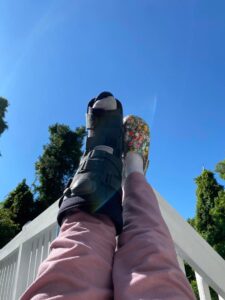
Then we moved to southeast Georgia when I was 48 and I experienced a severe pain cycle. Everything hurt. I thought I must be having a Rheumatoid Arthritis flare and found a new rheumatologist. She ruled out rheumatoid arthritis and misdiagnosed me with Fibromyalgia. She referred me to Psychiatry and recommended gentle movement such as yoga. About this time, our middle daughter was struggling with foot fractures one after another that were very slow to heal. She was training with a dance company in Chicago and saw an orthopedist there who noticed that her ALP was very low. He referred her to endocrinology, whose doctors explained HPP to me for the first time. When they mentioned it was her low ALP that raised their suspicions, I chimed in that I also have low ALP. And I recognized certain signs in my father, as well. It felt like we had our answer!
At that point, I took inventory of everyone’s ALP in the family. My mother had normal levels. My father’s were low. My husband and our youngest daughter had normal ALP but our oldest and middle daughters had low ALP. The girls and I all had genetic testing to confirm my amateur diagnoses. I found SoftBones and learned more about HPP. My middle daughter and I got Strensiq injections. Her fractures finally healed and my fatigue lifted. The medication is very painful for us. My daughter had to stop taking it. I haven’t seen any improvement in my pain but a doctor told me that Strensiq may keep osteoporosis from being a total shit-show for me and keep my kidneys healthy in the long-run. So, I’m trying to think long-term. And, I recently broke my ankle and it healed practically on schedule for a healthy person. Strensiq likely made that happen.
Today I have so many symptoms but they are mostly well-managed. I have brain fog – I often say the wrong name or word or struggle to find the word I want. I’m a frequent flyer at the dentist office – I have more crowns than royalty, at this point. I have three hernias and osteopenia that doctors are monitoring. I have poor balance from years of foot pain. And I have chronic pain in my lower back and thighs with flares of all-over pain. Pain medication, SI joint injections and radio-frequency ablation in my lower back all help a lot.I’m grateful for SoftBones and OneSource for coordinating education on HPP and Strensiq for my endocrinologist since it was his first time diagnosing a patient with HPP. I’m also grateful for the Facebook group for connecting me with people who know the rare disease diagnosis struggle of “Really? You look fine. Have you tried yoga?” and empathize with my symptoms and offer so much advice, support and humor. I especially appreciate my family and friends for seeing me as me but accepting my limitations, especially on the difficult days. I hope and pray for a gene therapy or other cure for HPP for the next generation.
If you would like to make a donation to Soft Bones, in honor of Denise, please click here.



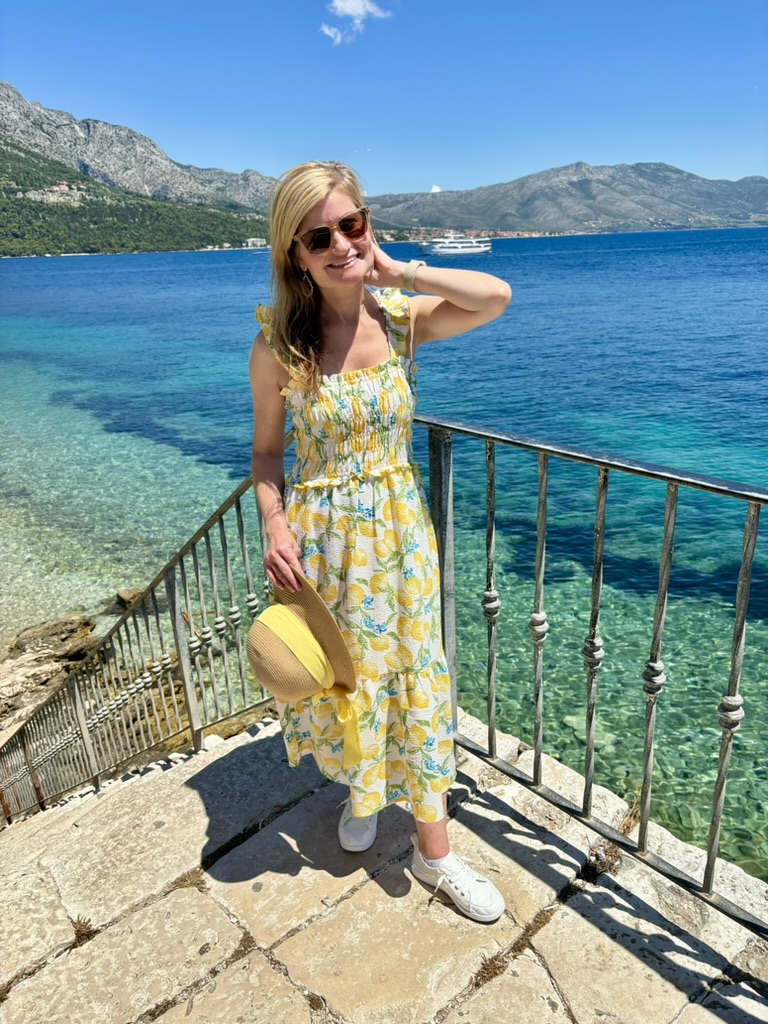

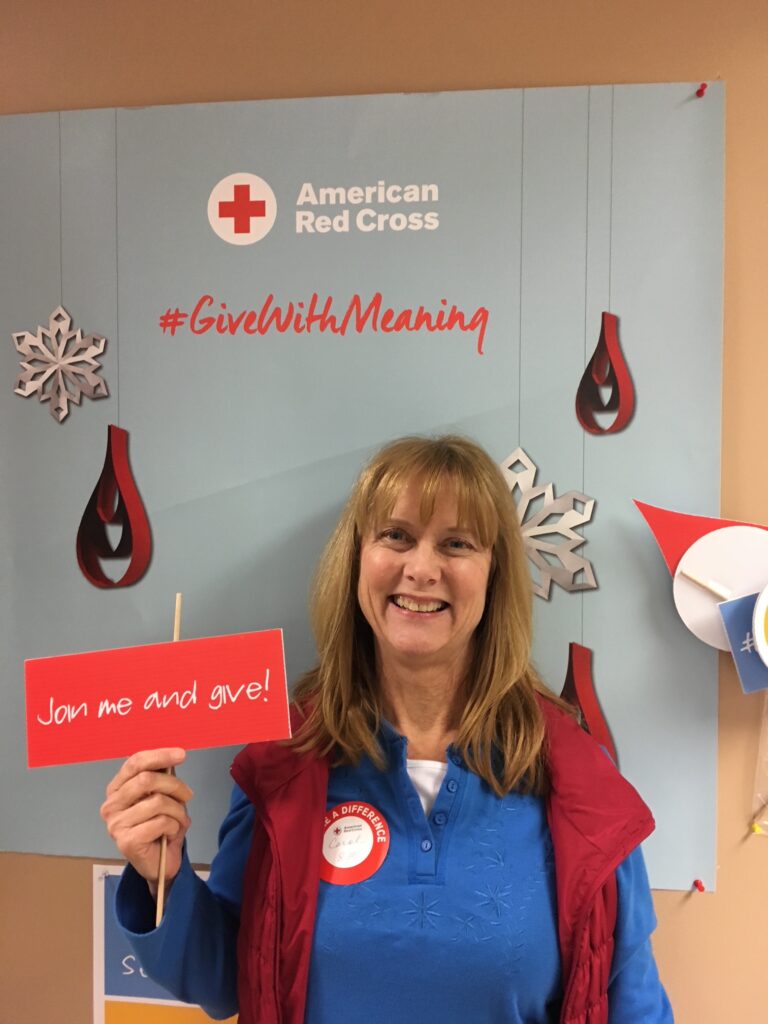
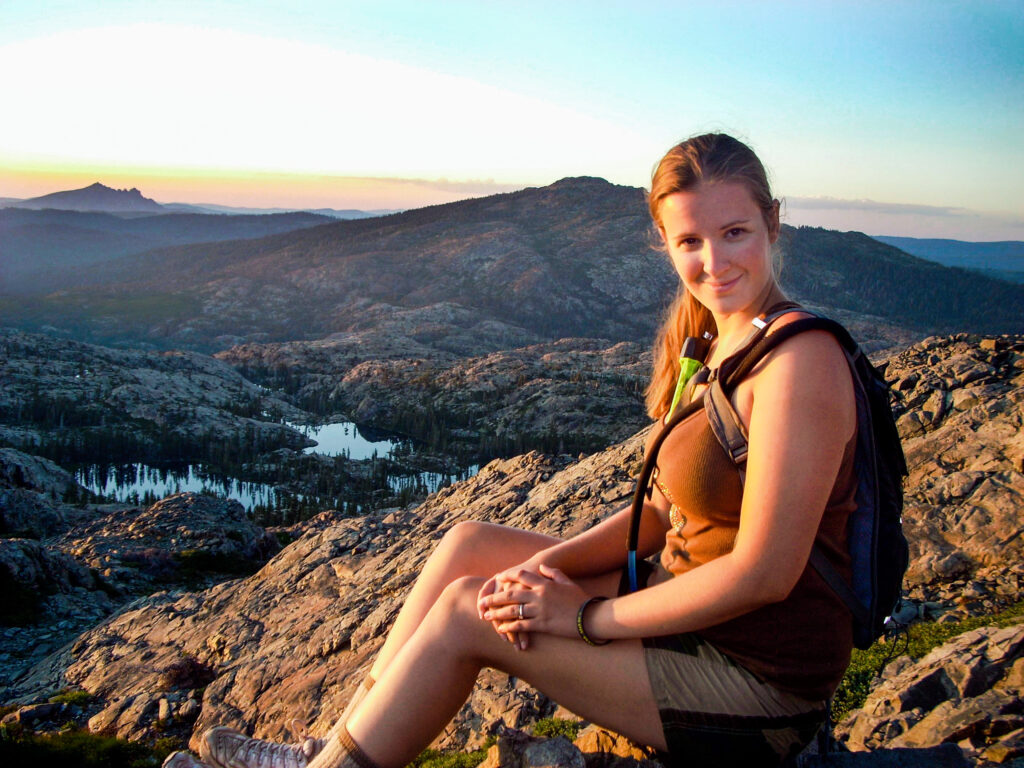
Responses